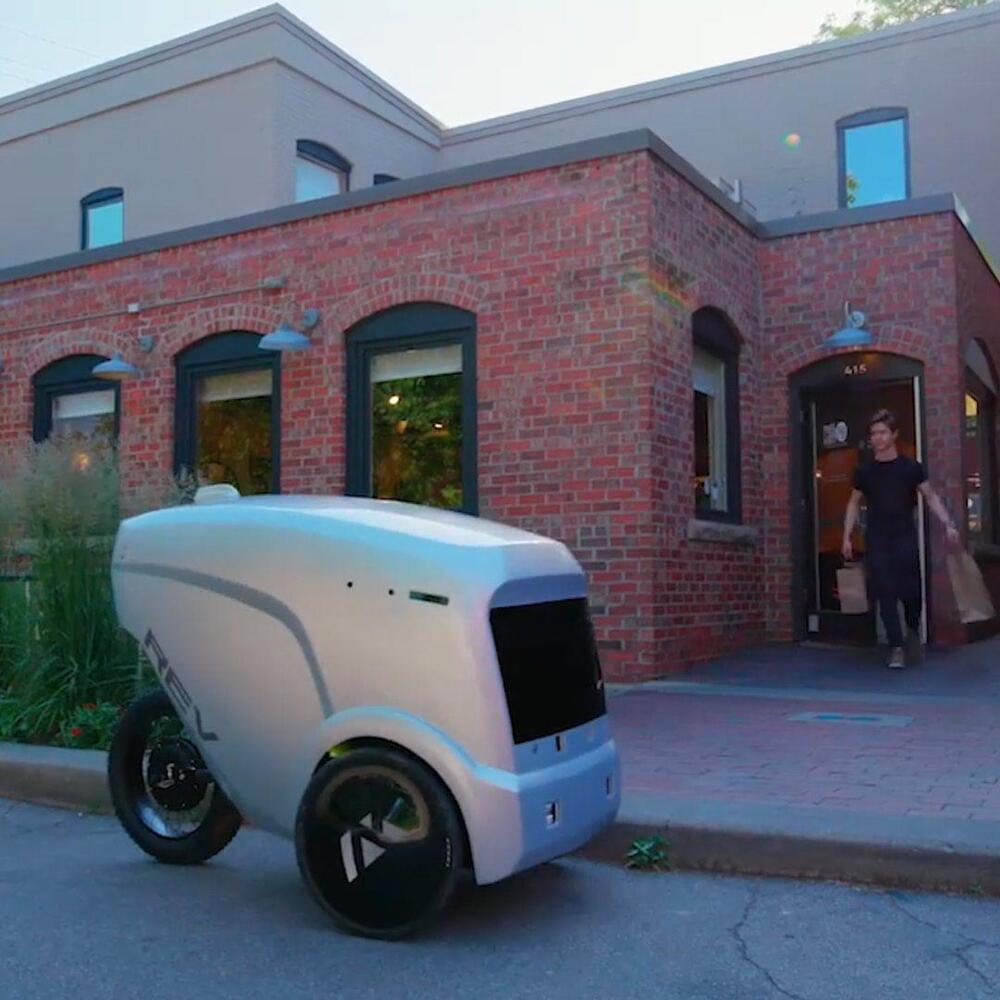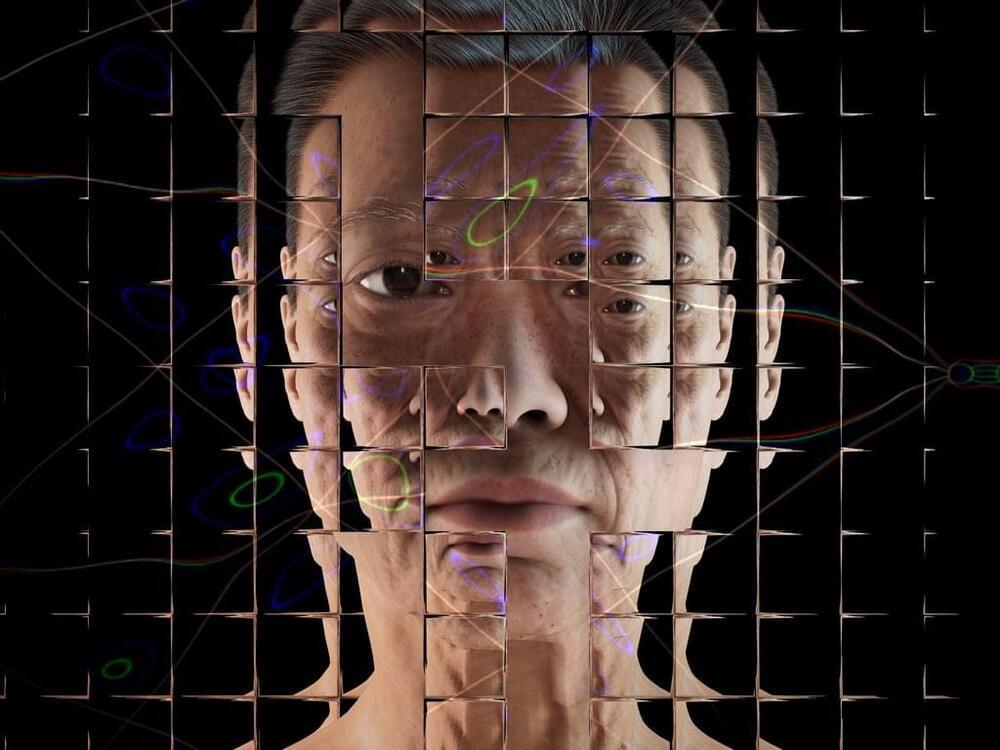
Get the latest international news and world events from around the world.

Scientists Reverse Aging in Skin up to 40 Years! (May 2022 Science Update)
Hey it’s Han from WrySci-HX going over the breakthroughs of scientists rejuvenating skin cells of middle aged donors by several decades, overcoming complete paralysis in just one day, and more! See below ↓↓↓
Subscribe!
Please consider supporting 🙏
Patreon: https://www.patreon.com/wrysci_hx.
Or better yet, consider supporting any of the following!

‘The Game is Over’: Google’s DeepMind says it is on verge of achieving human-level AI
Human-level artificial intelligence is close to finally being achieved, according to a lead researcher at Google’s DeepMind AI division.
Dr Nando de Freitas said “the game is over” in the decades-long quest to realise artificial general intelligence (AGI) after DeepMind unveiled an AI system capable of completing a wide range of complex tasks, from stacking blocks to writing poetry.
Described as a “generalist agent”, DeepMind’s new Gato AI needs to just be scaled up in order to create an AI capable of rivalling human intelligence, Dr de Freitas said.






